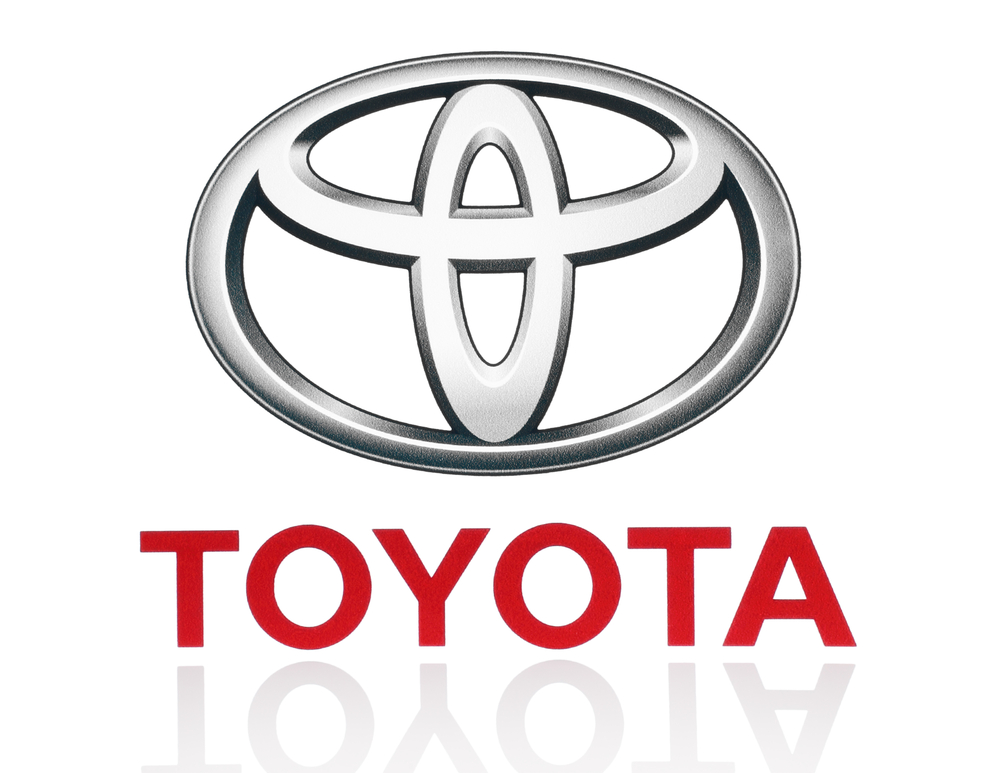
In a bold stride towards transforming the landscape of electric vehicles (EVs), Toyota has unveiled revolutionary plans to revolutionize batteries, making EVs more efficient, affordable, and environmentally friendly than ever before. The Japanese automotive giant has its sights set on solid-state battery technology, promising a remarkable range of up to 1,200 kilometers and ultra-fast charging times of just 10 minutes.
Toyota’s ambitions to shrink the size, weight, and cost of EV batteries are not merely aspirations; they hinge on a groundbreaking leap in solid-state battery tech. By simplifying the manufacturing process of battery materials, Toyota intends to reduce the exorbitant costs associated with next-gen EV batteries. This breakthrough is poised to make EVs more accessible to a broader range of consumers, sparking a new era of sustainable transportation.
Keiji Kaita, the President of Toyota’s Carbon Neutrality R&D Center, declared, “In terms of our both liquid and solid-state batteries, we aim to radically change the current situation where today’s batteries are too big, heavy, and expensive. In terms of capacity, we will strive to cut all these factors in half.”
Solid-state batteries represent a quantum leap in EV battery technology, addressing critical issues such as charging times, capacity, and safety. These batteries substitute liquid electrolytes with solid ones and replace graphite with metallic lithium on the anode, departing from the conventional lithium-ion battery design. However, solid-state battery tech has long been held back by its complexity and cost-effectiveness.
Toyota is ready to defy these hurdles. While initially aiming to introduce hybrid cars with solid-state batteries by 2025, the company has pushed the envelope further. Toyota claims to have surmounted durability issues that surfaced several years ago, instilling the confidence needed for mass production of solid-state batteries for EVs by 2027 or 2028.
The automaker heralds a “technological breakthrough” in addressing durability concerns, coupled with a “materials solution.” This potent combination is expected to power EVs with solid-state batteries to astonishing ranges of 1,200 kilometers and charging times of fewer than 10 minutes.
Moreover, Toyota’s innovation strategy goes beyond performance. By streamlining the battery materials manufacturing process, the company intends to bring down the cost of solid-state batteries, potentially making them as affordable as their liquid-based lithium-ion counterparts.
With these ambitions, Toyota is on the precipice of redefining what’s possible in the EV landscape. As the world embraces sustainability and green mobility, Toyota’s strides in solid-state battery technology could very well be the game-changer that ushers in a new era of electric transportation, making EVs more accessible, practical, and appealing to a global audience.


